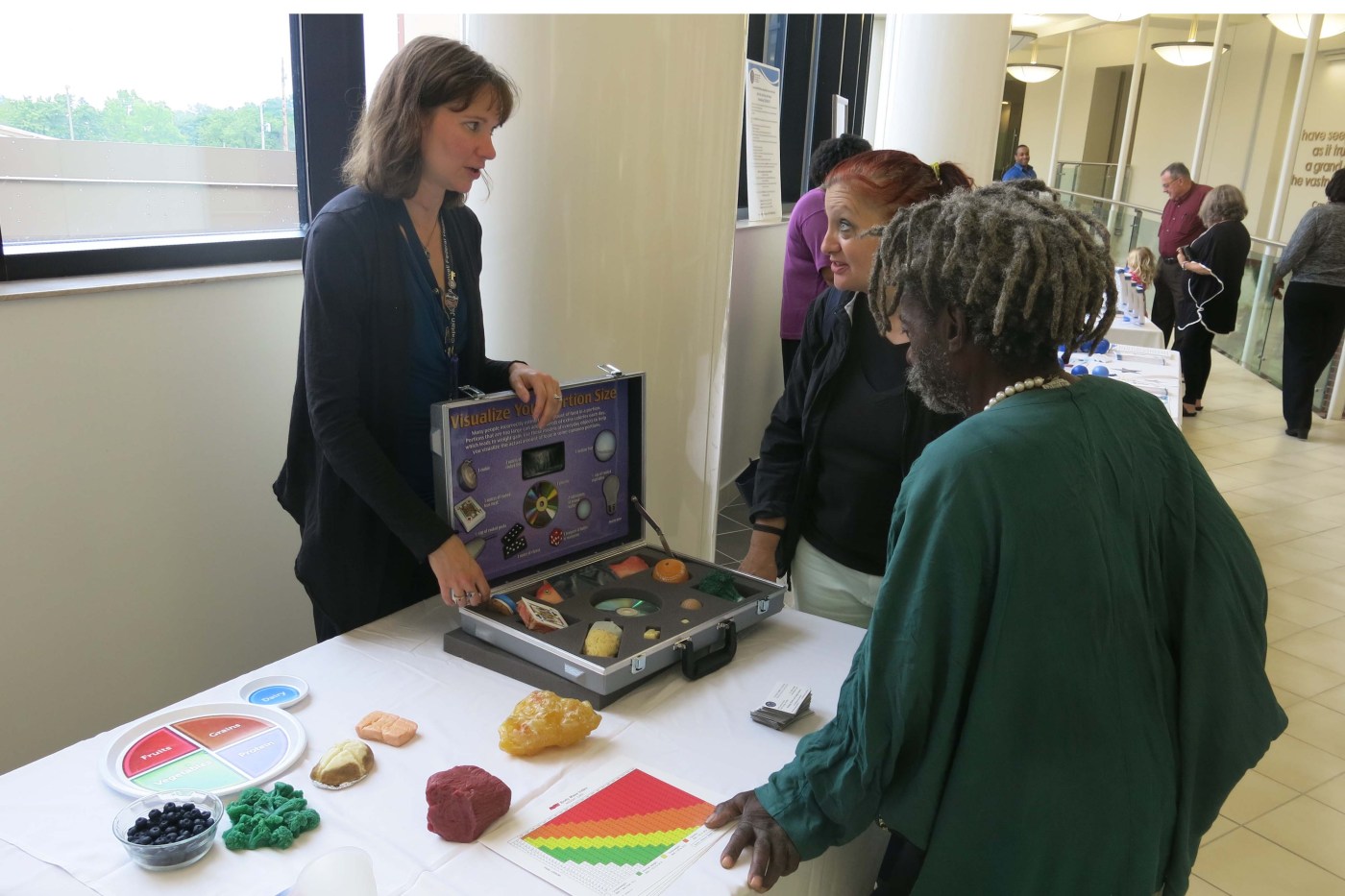Often when we hear the word ‘cholesterol,’ we instantly think of it as a bad thing. However, cholesterol is necessary for normal, healthy processes in the body. In other words, it’s not all bad.
So exactly what is it?
Cholesterol is a waxy, fat-like substance that is found in every cell in our bodies. It is a key component in the production of certain hormones, vitamin D and some digestive substances. Most of us have all of the cholesterol we need – our liver creates this substance for us. New research shows that dietary cholesterol does not have a huge impact on our blood cholesterol levels but the foods we eat are still a vital component in controlling blood cholesterol levels.

If you have high cholesterol, getting it back to a healthy level can be achieved through diet and exercise (although in some cases, medication may be prescribed). The key components are to limit sodium, saturated and trans-fats and increase fiber intake. I know we have heard this advice before, but I’ve seen many patients make great strides in controlling their cholesterol levels by making some simple changes.
Making vegetables the main event on your plate, having fruit for a snack, and swapping white bread for a whole-grain version are great ways to tweak your diet. Lean protein choices such as chicken/turkey breast, pork loin, beef tenderloin make great accents to a meal. Look for meats that are 90 percent lean or greater.
Fresh is always great, but remember that frozen or canned vegetables and fruits are great for you, too! Just be sure when choosing canned vegetables to opt for the ‘low sodium’ or ‘no salt added’ version, and choose fruits packed in juice or water. In addition, try to avoid processed foods as they are often higher in saturated fats and sodium.
With our busy lives, it’s often easier to grab something that’s pre-prepared. Do your best to try to schedule two hours per week to prep your own snacks and healthy meals ahead of time. Then you can grab and go! Your VA dietitian can help you plan out meals and offer suggestions to help you reach your dietary goals.
The American Heart Association has this to say about exercise – “Thirty minutes a day, five times a week is an easy goal to remember. You will also experience benefits even if you divide your time into two or three segments of 10 to 15 minutes per day.” The MOVE program here at the VA is a great way to get started on an activity regimen.
With all of the information available these days, thinking about starting a diet and/or exercise routine can seem daunting! Your primary care team is a great resource for getting started with making changes.

Topics in this story
More Stories
The Medical Foster Home program offers Veterans an alternative to nursing homes.
Watch the Under Secretary for Health and a panel of experts discuss VA Health Connect tele-emergency care.
The 2024 National Veteran Suicide Prevention Annual Report provides the foundation for VA’s suicide prevention programs and initiatives.







You said you look slim and trim but you didn’t mention exercise. Exercise is a way to clean your arteries believe it or not.
You did mentioned exercise but not the intensity, which is very important.
I’m only 28 years old. But my total cholesterol is 253. My LDL level is 186 alone!!! (HDL 54).
My doc is concerned and wants to put me on statins. I believe I’m too young to be placed on meds. I exercise regularly and have normal BMI (24). I do enjoy occasional coffee with cream, cheese, eggs, whole milk and yogurt, but I feel very depressed because of this.
I have seen people who are twice my age and twice my weight and have perfectly normal cholesterol. I look slim and fit, but my cholesterol is abnormally high. Not sure what I am doing wrong. Can there be any other reasons for such abnormal rise in cholesterol apart from food?
I love the idea of have this on the VA website. Maybe I can use this website rather than having to drive 85 miles to the Tuscaloosa VA.
Please keep this website going.